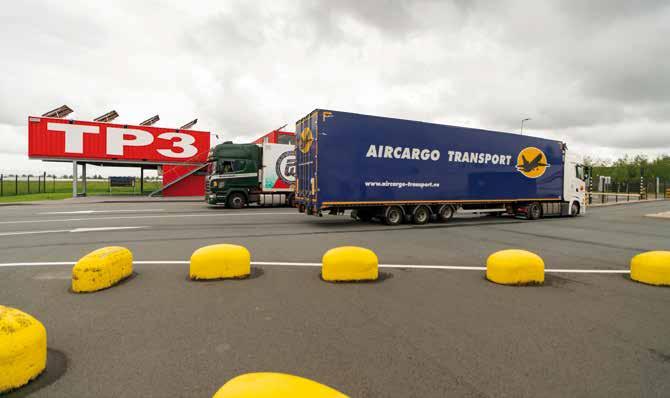44 FORWARDING SOFTWARE Text en Photography Riege
Digital data transfer as a universal solution to data chaos Freight forwarding companies recognized the benefits of digital data transfer in cargo handling a long time ago: faster and easier handling of shipment processes through systems that communicate with each other; cost efficiency through less time spent on shipment handling; direct data transfer via interfaces provided by software providers; unified cloud-based solutions, which enable cross-border information and data exchange and, in addition, a significant reduction in paper usage, echoing the sustainability approach of trade agreements within the European Union. The future of logistics is indisputably digital, and those who want to continue to play on the global market must choose a forward-looking software solution and be prepared to share the knowledge and data that go with it.
Initiatives on an international level In order to unify the flood of systems and data formats and digitize processes within the global supply chain, international initiatives and stakeholders have been launched to work vigorously on solutions for the logistics industry. IATA’s ONE Record initiative has laid the foundation for an end-to-end digital supply chain where data can be shared easily and transparently in just one system of stakeholders, communities and data platforms. Cargo IQ, on the other hand, a stakeholder group of different players in logistics supported by IATA, has the task of developing uniform quality standards for air cargo and implementing them on an international level. Although these initiatives contribute to the standardization and digitization of shipment-relevant data in transportation and clearly demonstrate that the global supply chain can only be successfully served through collaboration and data sharing, the process is slowed down by a general unwillingness to share customer data.
Cargo Magazine
Digitization challenges collaboration in logistics Digitization has been an issue in the logistics world for a long time. However, the willingness within the industry to share data and thus drive digitization forward is stagnant. While international initiatives are supposed to provide a possibility to exchange information and know-how, the transformation to a digital standard is still going slowly. Local initiatives achieve much more in this regard because they focus on the essential: collaboration.



























